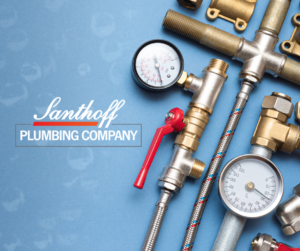Hiring Houston Plumbers – All License Levels
Santhoff Plumbing Company serves the Greater Houston area in all plumbing capacities from emergency plumbing to general plumber visits to residential areas, including clogged drains and toilets and gas line installation. We are currently looking to hire Houston plumbers to join our team as:
Interested in becoming a plumber and don’t know where to start? Plumbing is an essential trade that will always be in demand because people will always need clean water and reliable plumbing systems. Becoming a master plumber requires years of training, experience, and certification. While the exact requirements vary by state or country, the general steps are as follows:
1. Obtain a High School Diploma or GED
- A strong foundation in math, science, and technical subjects is helpful.
- Some vocational schools offer plumbing-related coursework.
2. Complete a Plumbing Apprenticeship
- Typically lasts 2 to 5 years under a licensed plumber.
- Combines on-the-job training with classroom instruction.
- Learn plumbing codes, blueprint reading, pipe systems, and safety regulations.
3. Become a Licensed Journeyman Plumber
- After completing an apprenticeship, pass a journeyman plumber plumbing licensing exam.
- Journeyman plumbers can work independently but may still require supervision for certain projects.
- Most states require 1 to 5 years of journeyman experience before applying for a master plumber license.
4. Gain Work Experience as a Journeyman
- Continue developing advanced skills in residential, commercial, and industrial plumbing.
- Stay updated on local plumbing codes and regulations.
- Some states require continuing education courses.
5. Pass the Master Plumber Exam
- After meeting the experience requirements, apply for the master plumber licensing exam.
- The test covers advanced plumbing systems, codes, business management, and state regulations.
- Some states require proof of insurance or bonding.
6. Obtain a Master Plumber License
- Once licensed, a master plumber can operate their own business, pull permits, and oversee plumbing projects.
- They can also train and supervise apprentices and journeyman plumbers.
7. Continue Professional Development
- Stay updated with new technologies and plumbing regulations.
- Maintain licensure through renewal requirements, which may include continuing education.
The timeframe to become a master plumber typically takes 7 to 10 years, depending on state requirements and individual progress.
Interested? Share your resume with employment@santhoffplumbing.net.

